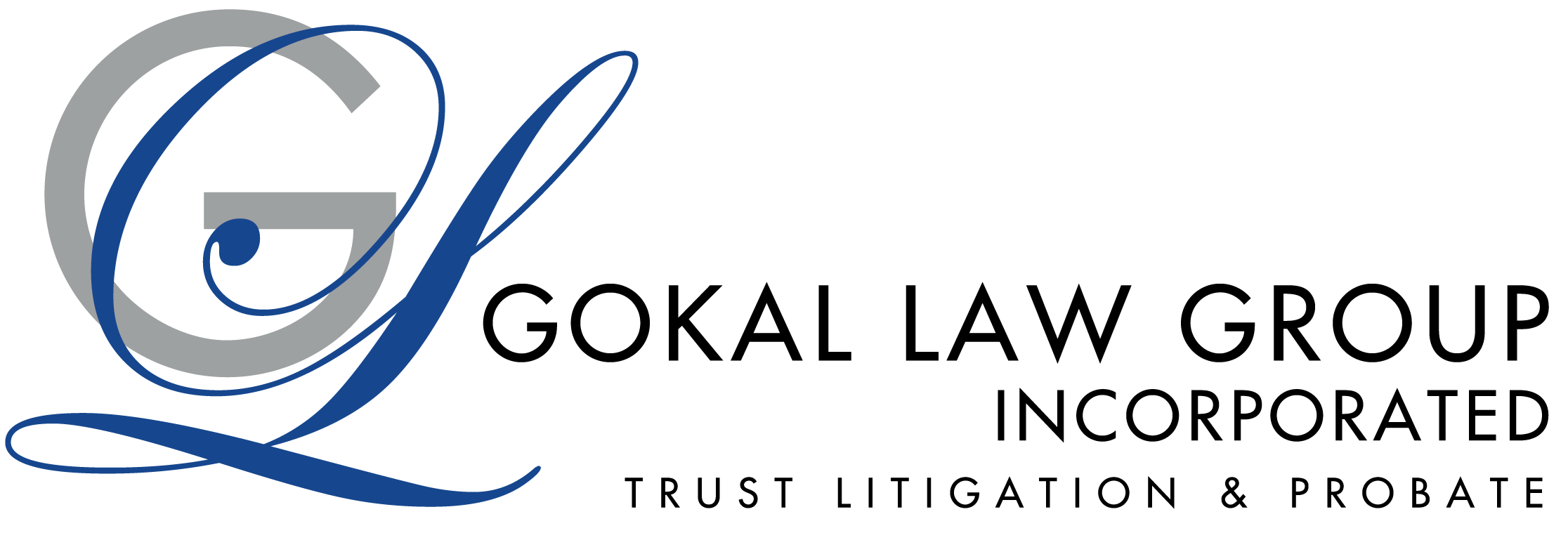A trust is a way for a person to take care of those they love the most when they are no longer here to do so. However, an invalid trust jeopardizes the decedent’s legacy and the well-being of their loved ones. Beneficiaries may feel powerless in the face of an invalid trust, and many ask, Who can contest a trust? You can—if you have a vested interest in it and legal grounds to do so.
At Gokal Law Group, we have spent years helping countless people throughout California identify their standing and valid grounds to contest a trust and defend their rightful inheritance. Learn who can challenge a trust in our blog.
Related Articles: California Trust Litigation: How to Contest a Trust
Who Can Contest a Trust in California?
Only interested parties have legal standing to qualify as those who can contest a trust in California.
As mandated by California Probate Code Sections 44 and 48, people with the legal standing to contest a trust are:
- beneficiaries named in the trust
- heirs
- a successor trustee
- those named in an earlier will or trust, or
- In some cases, creditors
This law ensures only those directly affected by the trust can contest it. A groundbreaking California Supreme Court decision in Barefoot vs. Jennings set the precedent that people with valid grounds can challenge one, even if they are disinherited beneficiaries.
These rulings allow those who feel unfairly omitted from a trust to challenge it. But even if you have legal standing to do so, you must also have valid grounds.
Related Article: What Does a California Trust Litigation Lawyer Do?
What Are Valid Grounds for Contesting a Trust?
Several grounds exist to contest a trust that will be instrumental in winning a trust contest, such as:
- Incapacity: A lack of capacity is when the decedent did not have the necessary mental competence, whether due to age, alcohol, drugs, or disease, to execute a trust.
- Undue influence: Undue influence is when excessive persuasion was used to convince the decedent to make changes to a trust that doesn’t reflect their wishes.
- Elder abuse: Elder abuse is the use of financial, physical, or psychological abuse to force the decedent to sign a new trust or make a change to an existing trust.
- Fraud & forgery: Fraud is when the decedent was deceived into changing or executing their trust, and forgery occurs when a trust amendment was fraudulently signed by someone other than the decedent.
- Lack of disclosure: A lack of disclosure is when someone fails to provide all relevant material facts to the decedent when creating or changing their trust.
- Ambiguity in trust instrument language: Ambiguous language in the trust language, regardless of intention, can invalidate a trust.
- Revocation: Revocation is when the decedent had created a new trust, modified their old trust, or destroyed a trust, effectively revoking the document.
Related Article: What Are the Chances of Contesting a Trust in California?
Are You Someone Who Can Contest a Trust and Needs Help? Schedule a Consultation Today for an Advantage in the Courtroom!
If you have the legal standing and valid grounds, you are someone who can contest a trust in California. If a trust is invalid, time is of the essence. You have a limited window to challenge one, safeguard what you rightfully deserve, and put this emotionally and mentally draining chapter behind you. Luckily, we can help.
Is an invalid trust threatening your inheritance and family’s legacy? Visit our Contact Us page to schedule a free consultation and work with premier attorneys to contest it and protect your inheritance! We work on contingency, so we only get paid if we succeed.
Disclaimer:
The information provided on this website does not, and is not intended to, constitute legal advice. Use of, and access to, this website or any of the links or resources contained within the site do not create an attorney-client relationship between the reader, user, or browser and Gokal Law Group, Inc. All information, content, and materials available on this site are for general informational purposes only. Information on this website may not constitute the most up-to-date legal or other information.
Readers of this website should contact an attorney to obtain advice with respect to any particular legal matter. No reader, user, or browser of this site should act or refrain from acting on the basis of information on this site without first seeking legal advice from counsel in the relevant jurisdiction. Only your individual attorney can provide assurances that the information contained herein – and your interpretation of it – is applicable or appropriate to your particular situation.
